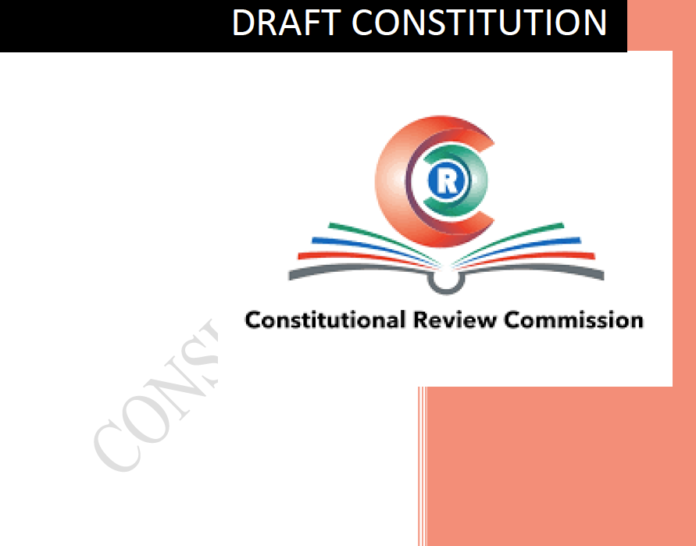By Michaella Faith Wright
The Gambia is at a pivotal moment in its history as it undertakes a comprehensive constitutional reform process aimed at solidifying democratic governance and protecting human rights. This reform is a significant step forward for the country, which has been working to rebuild its democratic institutions since the end of Yahya Jammeh’s 22-year rule in 2017. The new draft constitution, which seeks to replace the 1997 constitution, is at the centre of intense national debate and scrutiny.
Background of the Constitutional Reform
The constitutional reform process began in 2018 with the establishment of the Constitutional Review Commission (CRC). The CRC was tasked with drafting a new constitution that reflects the aspirations and values of the Gambian people. After extensive consultations and public engagement, the CRC submitted a draft constitution in 2020. However, the draft was rejected by the National Assembly in September 2020, leading to further revisions and ongoing discussions.
Key Provisions in the New Draft Constitution
The new draft constitution proposes several significant changes aimed at enhancing democracy, governance, and human rights in The Gambia. Some of the key provisions include:
Presidential Term Limits: The draft constitution introduces a two-term limit for the presidency, each term lasting five years. This provision aims to prevent the entrenchment of power and ensure regular leadership renewal.
Human Rights Protections: The draft includes robust protections for human rights, aligning with international standards. This includes provisions for freedom of speech, assembly, and association, as well as protections against torture and arbitrary detention.
Separation of Powers: The draft constitution strengthens the separation of powers between the executive, legislative, and judicial branches of government. It aims to enhance the independence of the judiciary and the accountability of public officials.
Role of Traditional Authorities: The draft addresses the role of traditional authorities, seeking to balance respect for cultural heritage with the principles of democratic governance.
Gender Equality: Provisions for gender equality are prominently featured, aiming to ensure equal representation and participation of women in all spheres of public life.
Public Debate and Controversies
The proposed changes have sparked vibrant public debate across the country. Supporters of the draft constitution argue that it is a necessary step towards strengthening democracy and protecting the rights of all Gambians. They emphasize the importance of presidential term limits, independent institutions, and comprehensive human rights protections.
However, there are also significant controversies and opposition. Some political actors have expressed concerns about specific provisions, such as the retrospective application of presidential term limits, which would affect current officeholders. There are also debates about the balance of power between traditional authorities and elected officials.
The Path Forward
As The Gambia continues to navigate the constitutional reform process, the path forward remains uncertain. The revised draft constitution is expected to be reintroduced to the National Assembly for consideration. The outcome will depend on the ability of political leaders to reach a consensus and address the concerns of various stakeholders.
The constitutional reform process is a critical opportunity for The Gambia to solidify its commitment to democracy and good governance. It is a chance to build a political framework that reflects the values and aspirations of the Gambian people, ensuring that the rights and freedoms of all citizens are protected.
Conclusion
The Gambia’s constitutional reform is more than just a legal exercise; it is a fundamental step towards shaping the future of the nation. As the debates continue and the draft constitution undergoes further scrutiny, the engagement and participation of all Gambians will be crucial. The process represents a collective effort to define the principles that will guide The Gambia’s democratic journey for generations to come.
In embracing this challenge, The Gambia is demonstrating its resilience and commitment to a brighter, more democratic future. The outcome of the constitutional reform will not only impact the country’s governance but also serve as a beacon of hope and inspiration for other nations striving for democratic renewal.




